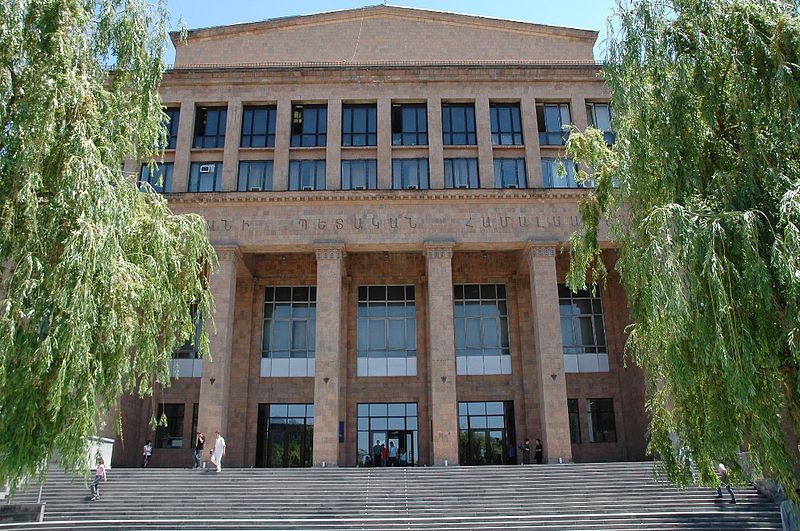By K. Khodanian
Transparency International, recently published the index of the perception of corruption in 2021 in 180 countries around the world. Armenia has not only improved its position, but was also singled out as an example of success in fighting against corruption. The report emphasizes that civil liberties have been strengthened in Armenia, paving the way for a more stable civil society.
The assessment made in this report is a clear example of the success of the Armenian government’s anti-corruption policies. Income taxes and customs duties, as well as international grants, are going to the state treasury instead of the pockets of the ruling class and their allies. Successes in this area have led to an unprecedented $4 billion budget this year, including, among other things, an increase in salaries and pensions, a monthly stipend for newborns, and more funding for the modernization of the Armed Forces.
This report was followed by another one which was voted by the Parliamentary Assembly of the Council of Europe (PACE) highlighting the country’s positive progress and development in terms of democracy. “Armenia has made significant progress in the development of democracy since 2018, at the same time the country has faced a number of events that have had a serious impact on the activities of its institutions,” the PACE document reads. On the Nagorno-Karabakh conflict, the document calls for a just and lasting settlement of the conflict within the framework of the OSCE Minsk Group. The PACE resolution demands the return of all prisoners of war still held by Azerbaijan, and the preservation of cultural and religious heritage sites. The report also calls on the Armenian government to amend the Electoral Code to allow dual citizens to run in elections, as well as to decriminalize serious insults leveled against government officials.
Both the first and the second reports are largely favorable for Armenia, its domestic and foreign policies. The country has never received such positive assessments during the previous administrations, instead, they were regularly criticized by various international organizations.
As expected, deputies from Azerbaijan and Turkey voted against the PACE report. Surprisingly, one of the no votes came from the Armenian delegation. An opposition member of the Armenian Parliament who belongs to the “I Have Honor” faction sponsored by former President Serzh Sargsyan voted against the pro-Armenian resolution. Following the public uproar and indictments surrounding this vote, other opposition members of the Parliament tried to defend their fellow member’s action, arguing that he has voted against the resolution because he did not agree with the report’s assessment of the state of democracy in Armenia. However, it is unclear why he did not simply abstain, instead of putting himself and the whole opposition in such an awkward situation. Anyone voting against the PACE resolution was also voting against the release of the POWs and the just settlement of the Nagorno-Karabakh conflict under the auspices of the Minsk Group.
In the past, at PACE sessions, opposition representatives regularly joined pro-government lawmakers to present a united front, but nowadays things are different. Those who are calling the Prime Minister “anti-national” and “traitor” have once again shown their true colors, and in their pursuit to return to power, are willing to act against the national interests of Armenia and the Armenian people.
Massis Weekly










